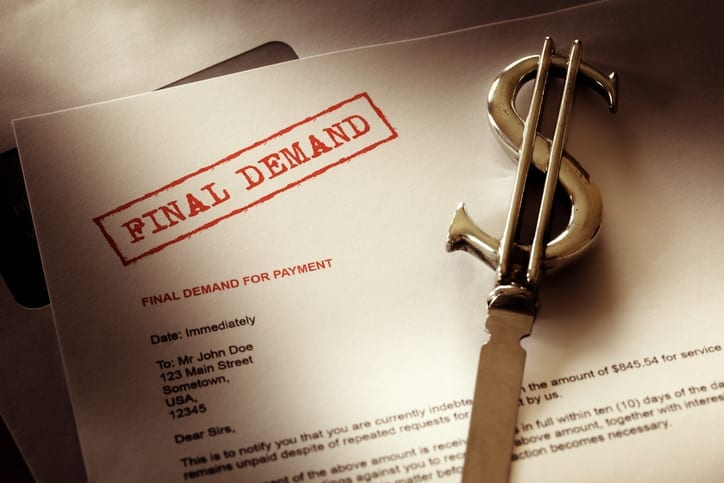
One of the issues that heirs to an estate may face is how to deal with any outstanding debts, and who is responsible for payment. If you are creating your estate plan, it is helpful to know the rules about debts and inheritance, to avoid creating problems for your heirs.
After you die, debts are owed by your estate in most cases, such as credit cards, mortgages and loans. If there is a surviving spouse, they may still have some obligation to pay the debt if their name is on the loan. Otherwise, heirs do not ‘inherit’ the debts of the deceased.
Do Heirs Have to Pay Estate Debts?
Non-spousal heirs have no legal obligation to pay the debts of the deceased, and any amounts due can only be paid from estate assets. If there are no assets or too few to pay outstanding debts, then those will remain unpaid. Debt collectors may contact heirs and state they are now responsible, but this claim is simply not true, and should be ignored.
How to Handle Debts Before Death?
There are ways to make sure that your heirs still receive some assets outside of the estate if there are outstanding debts. You can add ‘pay on death’ provisions to bank accounts, investment accounts and life insurance policies, where the beneficiaries are named directly, and that money can be collected outside the probate or trust administration process. Be sure not to name the estate as beneficiary if you choose this approach.
Also, there are methods involving trusts or pre-death transfers of property or cash that can preserve some value for the heirs. For example, lifetime gifts of cash are both legal and non-taxable up to a certain amount and cannot be ‘clawed back’ by creditors. These are complex strategies that can affect the entire estate as well as bringing tax consequences, so the advice of an attorney is essential.
What if There Are No Assets?
Some estates are completely insolvent with no assets or too few to cover the estate’s debts. In that case, the executor or administrator can liquidate assets, pay creditors and close the estate. Or, the heirs can do nothing and allow creditors to pursue and divide assets through legal channels.
Regardless of the amount of assets or debts that you have, it is important to discuss possible steps to take with an estate planning attorney. Even if you have significant debts, there may be ways to ensure your heirs are taken care of financially.